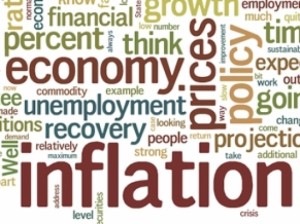Minneapolis, MN: In the home mortgage approval process, things are not what they used to be. Underwriting now goes over your entire life with a fine tooth comb. It really isn’t something to be scared of, if you deserve a loan, you will still get one.

But, there are several places buyers often do things that can turn an approval into a denial. In the excitement of purchasing their new home, they may prematurely make financial moves that impact their mortgage loan approval. Lenders now run a final credit check within a few days of closing, and if it is different from the original credit report, it may be a deal breaker.
Here is a list of 8 things that will screw up your mortgage closing.
1. Don’t change employment status. Seems simple, but I’ve had many people over the years quit their job, be laid off, or even terminated
2. Don’t make any major purchases: Furniture for the new house sounds great, but can blow your debt-to-income ratio right out of the water. So can new cars.
3. Don’t increase credit card debt or miss any payments.
4. Don’t change bank accounts or make undisclosed large deposits. Any large non-payroll deposit on your last two months bank statements need to be explained and proved.
5. Don’t apply for a credit card, co-sign on a loan or make a credit inquiry. Any changes to the original credit report need to be explained and documented.
6. Don’t spend money set aside for closing, not any, not ever. Again, seems like common sense, but I once had a client spend their down payment money on a moving truck.
7. Any delay in providing all paperwork asked for by the mortgage company can and does cause huge problems. When the Loan Officer asks for something, don’t argue or question why they want it, just drop everything and get it to them ASAP.
8. If you change anything… anything, let the lender know. You’d be surprised how many times deals get to the closing table and this is the first time the lender finds out the purchase price changed.
Buyers must be sure there is nothing happening personally or financially that might put the closing at risk. It is too common for buyers, being approved for a mortgage loan, to think that relatively smaller financial issues won’t matter.
The bottom line is tell your Loan Officer everything, and we’ll make sure you have a smooth, stress free, no surprises closing.








